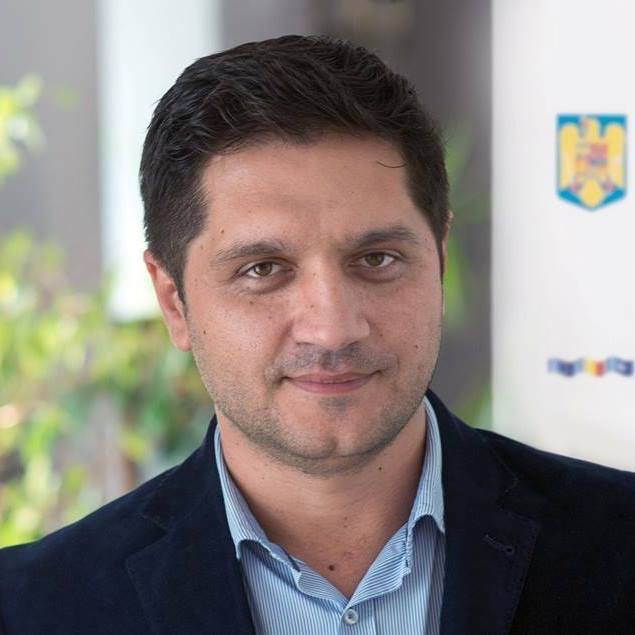Contact
You have the following options of contacting us
Please find below the telephone numbers, address, email address, and working hours of the Public Relations Office:
Phone numbers: 0377.723.671; 0785.259.748
Email address: [email protected],
Address: 14 Libertăţii Boulevard, 5th District, Bucharest or PO Box 1 – 925 Bucharest.
Public working hours:
Monday, Wednesday, Thursday, Friday between 09:00 - 14:00
Tuesday between 09:00 - 12:00 and 16:00 - 18:00
You can contact the Public Relations Office to submit petitions in accordance with the Government Ordinance 27/2002 regulating the solving of petitions, with subsequent amendments and additions, as well as submit requests in accordance with the Law 544/2001 on the free access to information of public interest, with subsequent amendments and additions.
The Press Office and the Spokesperson represent the SRI interface with representatives of media and public.
They ensure the flow of public information to the media in all situations involving SRI's activity.
In order to correctly inform the public, the Press Office releases to media materials on current topics of interest, relevant to our line of activity.
Depending on the nature and amount of requested information, in accordance with the Law 544/2001 on the free access to information of public interest, the Press Office will reply verbally or in writing to all SRI-accredited journalists’ requests, without discrimination and as soon as possible.
Journalists may submit requests for accreditation to the email address [email protected]. This should include the request for accreditation and copies of the ID cards, passport and updated press pass.
Please find below the phone numbers, email address and the address of the SRI Press Office.
Phone no. +40 724.547.056
email address: [email protected]
14 Libertăţii Boulevard, 5th District, Bucharest
SRI’s higher education institution that trains intelligence officers, analysts and experts.
20, Odai Street, 1st district, Bucharest
Telephone: 0377.721.296
Working program from Monday to Friday 09:00-14:00
Fax: 0377.721.125
E-mail: [email protected]
Learn more about the Academy
www.animv.ro/en
DRI Moldova Nord
PIaşi, str. Sfântul Lazăr nr. 3, jud. Iaşi, telefon 0377732500DRI Moldova Sud
Galați, Calea Prutului nr. 1, jud. Galaţi, telefon 0377736500DRI Dobrogea
Constanţa, str. Atelierelor nr. 3, jud. Constanţa, telefon 0377741500DRI Bucureşti
Bucureşti, Str. Paciurea nr. 10, sector 2, telefon 0377724805 (pentru relaţii cu cetăţenii vă invităm să folosiţi datele de contact ale sectorului de profil)DRI Muntenia
Ploieşti, str. Stadionului nr. 24, jud. Prahova, telefon 0377744500DRI Oltenia
Craiova, str. Amaradia nr. 32, jud. Dolj, telefon 0377751500DRI Centru
Braşov, str. Prundului nr.10, jud. Braşov, 0377768500DRI Transilvania Sud
Sibiu, str. Revoluţiei nr. 8, jud. Sibiu, telefon 0377769500DRI Banat
Timişoara, Calea Sever Bocu nr. 47, jud. Timiş, telefon 0377756500DRI Transilvania Vest
Cluj-Napoca, str. Traian nr. 27, jud. Cluj, telefon 0377764500DRI Maramureş
Baia Mare, B-dul. Republicii, nr. 55, jud. Maramureş, telefon 0377762500
0800.800.100 - Anti-Terrorist Hotline
Since March 20th, 2004 a free of charge telephone number is available at SRI’s Anti-Terrorist Operational Coordination Center (CCOA). Citizens can call and notify about possible terrorist risks. Operators will attend calls 24/7.
Main categories of relevant information:
- Individuals interested in obtaining substances that could be used for terrorist purposes;
- Individuals who illegally manufacture, possess, transport or handle weapons, ammunition or substances that could be used for terrorist purposes;
- Actions aimed at disturbing the functioning of high importance strategic objectives;
- Repeated or prolonged presence of unauthorized persons in the proximity of locations that could become targets of terrorist attacks (foreign diplomatic missions, the headquarters of international institutions etc.)
- The inexplicable interest of certain individuals in studying or obtaining data regarding locations relevant from a social and economic point of view;
- Persons who film or take photos of objectives where this is forbidden;
- A vehicle stationed for a long time and without a reason in the proximity of high importance objectives, diplomatic missions and / or other crowded places;
- Civilians who monitor crowded places (train or metro stations, airports, large commercial centers, touristic, sports or cultural sites);
- If, without apparent reason, someone asks you or other people questions about the working hours of certain institutions, rush hours, the change of guard at embassies etc.;
- Individuals who examine railroads, roads, metro or air transport routes attentively, without plausible reasons for doing so.




Social media